Explore My Son Sanctuary: A Sacred Ancient Temple Complex in Vietnam
My Son Sanctuary, a magnificent archeological site tucked away in a verdant valley close to the Cham river in Vietnam, calls visitors to journey back in time. My Son, which dates back to the 4th century, was formerly a religious center for the Champa Kingdom. Let’s discover this amazing UNESCO World Heritage Site with MOTOGO Tours.
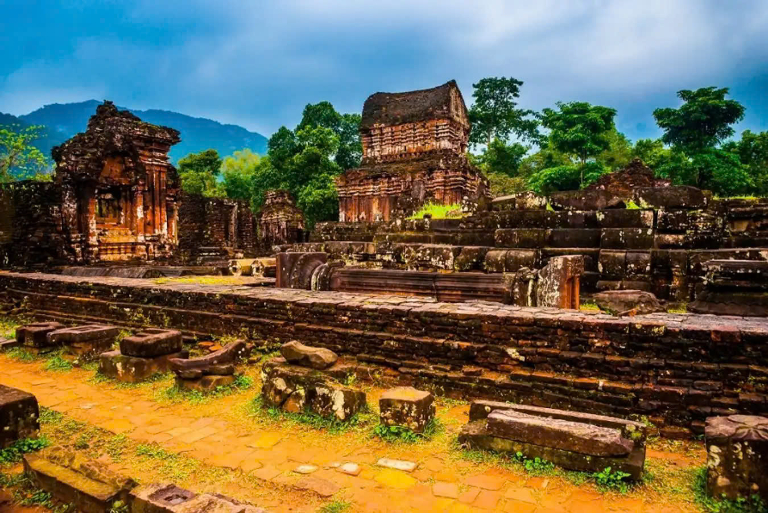
Where is My Son Sanctuary?
- Address: Duy Phu, Duy Xuyen, Quang Nam
- Ticket Prices: Foreign visitors: 150,000 VND; Vietnamese visitors: 100,000 VND
- Opening Hours: 6:00 AM – 5:00 PM, Monday to Sunday
My Son Sanctuary is located in Duy Phu Commune, Duy Xuyen District, Quang Nam Province. Comprising about two kilometers in width, this cultural monument features more than seventy various temples and towers, each displaying architectural form reflecting the rich legacy of the Champa culture.
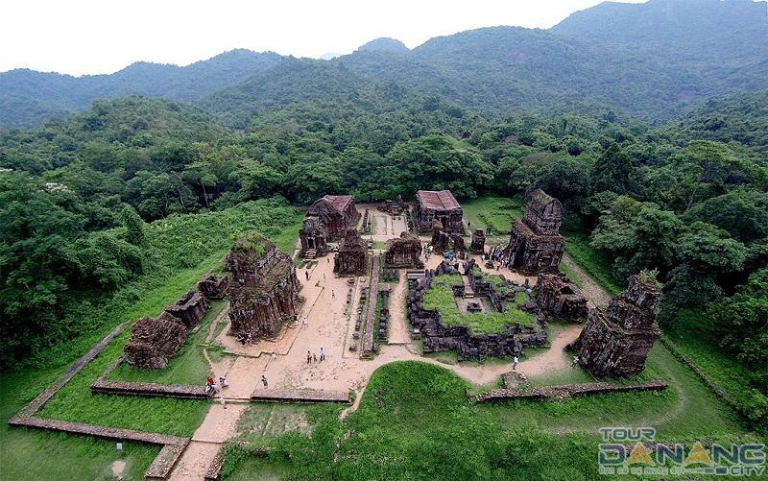
Originally devoted to the worship of the Hindu gods Linga and Shiva, the sanctuary dates back to the fourth century under King Pham Ho Dat. King Pham Pham Chi renovated it in the 7th century following substantial damage from a fire; many of the buildings still stand today.
The Spiritual Significance of My Son Sanctuary
A Sacred Pilgrimage for the Cham People
For generations the Cham people revered My Son as a holy pilgrimage spot. Rituals were conducted to honor Hindu gods since the temples were devoted to them. For people who want to honor the old Cham civilization and connect with their background, My Son remains a spiritual destination even now.
My Son’s Role in Cham Culture
Apart from being a religious hub, my Son was the spiritual center of the Cham civilization. The Cham monarchs were consecrated here; many of their royal graves are found within the temple complex. Preserving Cham people’s traditional and religious customs, the temples also acted as emblems of Cham identity.
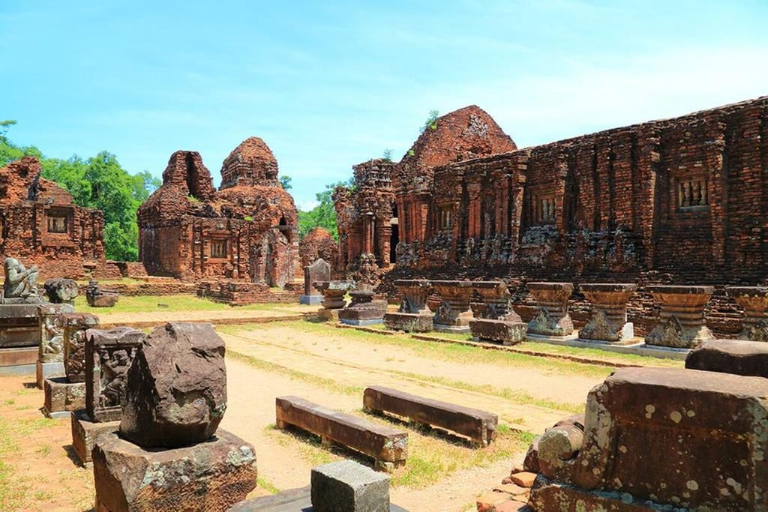
>>> Explore Ha Long Bay: Vietnam’s Natural Wonder
How to Get to My Son Sanctuary
Whether you are starting your trip from further abroad or from local places like Hoi An or Da Nang, getting to My Son Holy Land is really simple. The facility is conveniently located for visitors since it is close to main tourist centers in Vietnam.
Best Ways to Reach My Son
My Son can be reached most famously via vehicle or motorbike. From both Hoi An and Da Nang, the trip is somewhat quick, and both provide a rather diverse path with unique appeal. You might choose to travel alone or on a guided trip depending on your inclination.
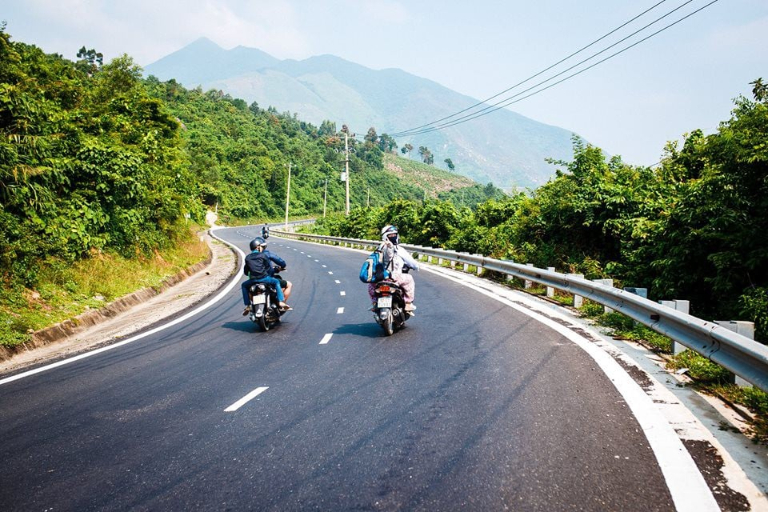
- Private Car: Booking a private car or cab is the greatest way to find a hassle-free, pleasant solution. From Hoi An or one hour from Da Nang, the drive is picturesque, winding through rural communities and verdant surroundings for roughly forty minutes. If you like to stop along the road for pictures or to tour nearby attractions, private vehicles are also an excellent option.
- Motorbike: Renting a motorbike can be an exciting approach to reach My Son for individuals who appreciate some excitement. It gives you freedom so you may slowly explore the countryside. From Hoi An or Da Nang, the trip takes roughly 45 minutes and the roads are rather easy to negotiate. Just be sure you pack some sunscreen, wear a helmet, and watch for neighborhood traffic.
- Tour Groups: Joining a guided tour is a great way if you would choose not to travel the path on your own. Many trips leave Hoi An and Da Nang and usually feature transportation, a skilled guide, and maybe even a lunch stop. Tours greatly enhance your trip by offering detailed knowledge on the background and importance of the site.
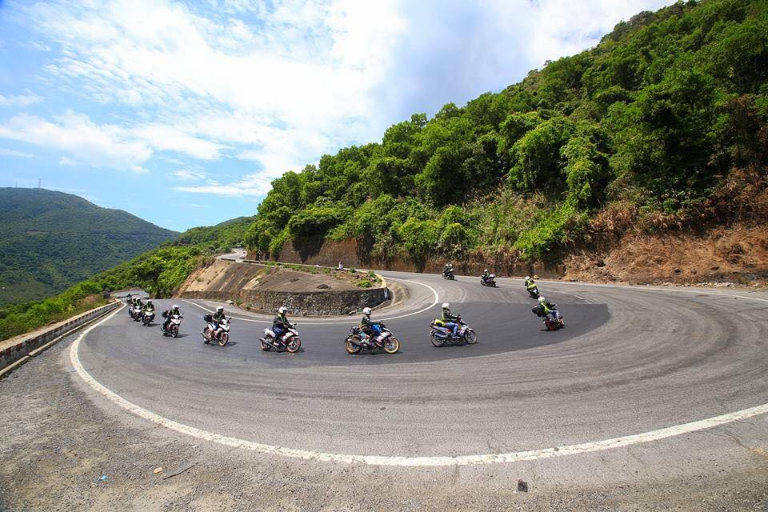
Distance from Hoi An and Da Nang
- From Hoi An: By private car, My Son’s location is roughly thirty kilometers distant from Hoi An, forty-minute journey. The path winds across picturesque countryside with vistas of rice fields, ancient towns, and the sporadic buffalo or local farmer tending the ground. For those who like to take their time and savor the views, this is a gorgeous journey.
- From Da Nang: My Son is around sixty kilometers distant, and the drive will take about one hour. Since Da Nang is a bigger city with more transportation choices, booking a cab, vehicle, or motorbike to My Son is rather simple if you are staying there. From little towns and verdant surroundings to the site, the path is equally picturesque.
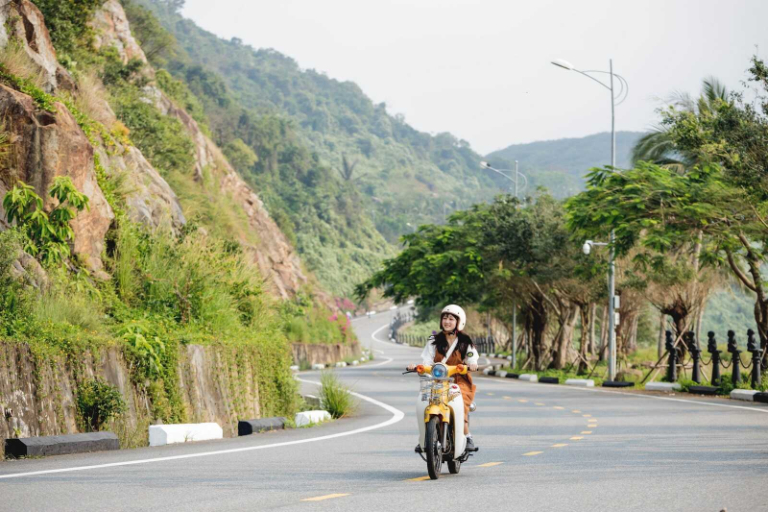
>>> Explore Phong Nha – Ke Bang National Park: A Complete Guide to the World’s Best Cave
What Makes My Son Sanctuaryan Attractive Destination for Tourists?
With designs reflecting six key periods— Ancient, Hoa Lai, My Son, Ponagar, Dong Duong, and the style of Binh Dinh—My Son Sanctuary boasts a distinctive and complex architecture. Visitors to the site can appreciate Champa civilization’s distinctive stone carvings of gods including Shiva and detailed sculptures of heavenly dancers.
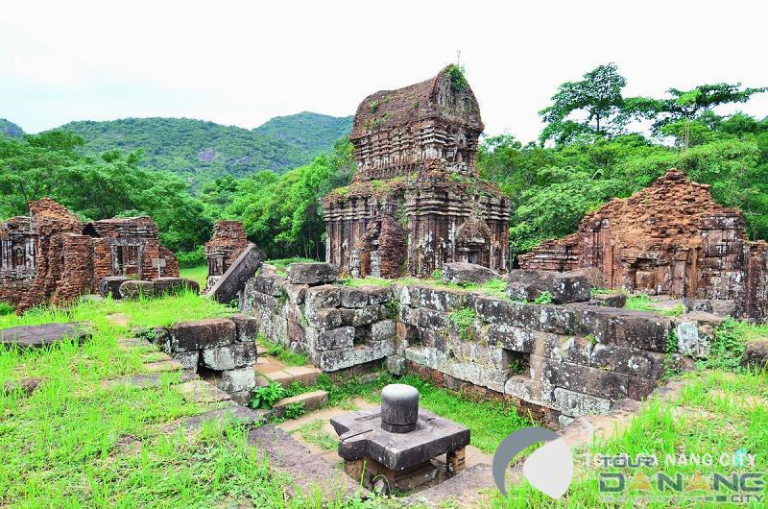
Bombings during the Vietnam War partially destroyed the refuge, but its unique architecture still enthralls visitors and several well-preserved towers remain there.
Discovering the Full Panorama of My Son Sanctuary
Over seventy magnificently crafted temples with Sanskrit and Cham language inscriptions abound in the refuge. Long forgotten for millennia, the location was rediscovered in 1898 by a French adventurer and his friend who discovered the secret refuge tucked away in a forest surrounded by grand mountains.
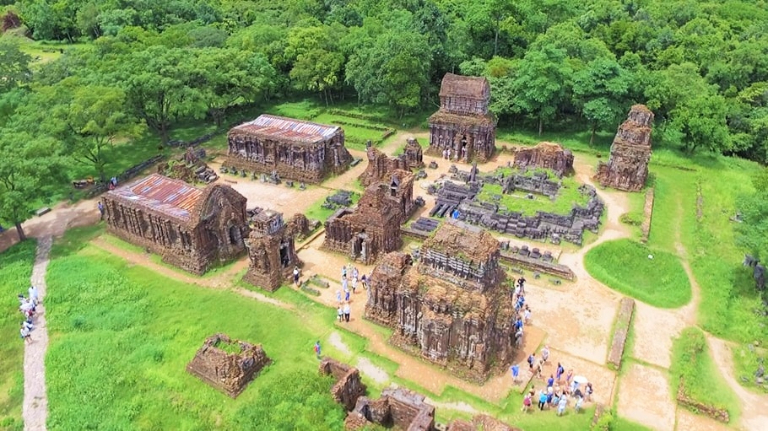
The tower building technique used in the sanctuary also intrigues me greatly. Carefully fired, chopped, and placed without cement, the bricks allow the buildings to last for millennia with little weathering.
Walking the Unique 8-Meter-Wide Ancient Road
Uncovering an ancient path discovered by an Indian specialist during restoration on the central towers, My Son Holy Land offers one of the most fascinating revelations. Leading straight to the heart of the sanctuary, where the majestic gateway tower for royal rituals previously stood, this 8-meter-wide path features two parallel walls and a 1-meter-deep ditch.
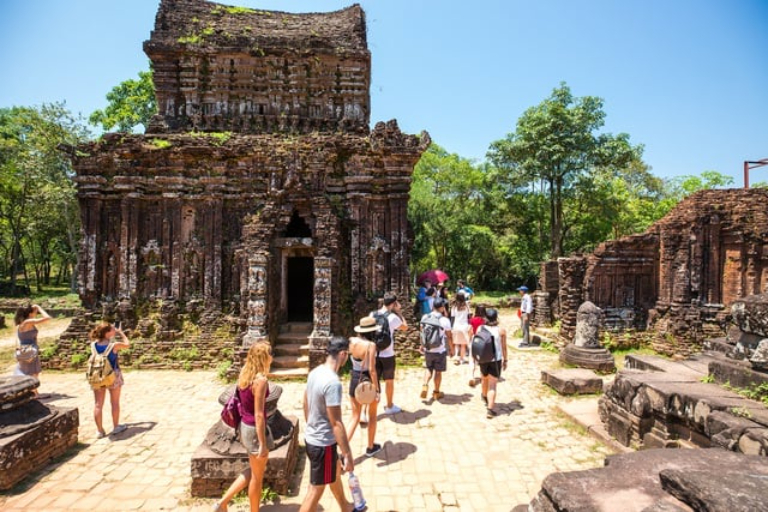
Use of this holy road was restricted to the monarch, royal family, and high-ranking officials of ancient Champa. This important discovery gains even more historical relevance from the well sculpted walls on both sides.
Enjoying the Enchanting Apsara Dance
Inspired by the stone engravings of celestial dancers, the Apsara Dance is among the most hypnotic cultural encounters at My Son Holy Landy. Title “The Soul of Stone,” the elegant and flowing dance honors the beauty and grace of the female body.
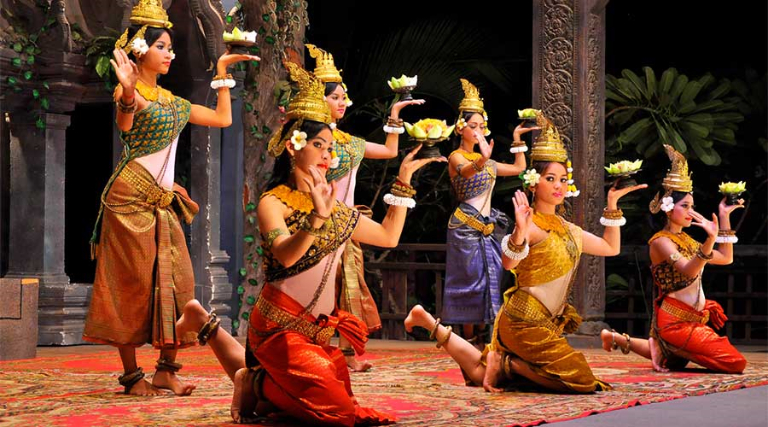
Nowadays, both visitors to the sanctuary and Quang Nam’s cultural events revolve mostly around this act. Visitors will be mesmerized by the picture of thin, elegant dancers dressed in shimmering costumes combined with the Saranai flute and Paranung drum rhythms.
Immersing in the Traditional Kate Festival of the Cham People
Every year in the seventh month of the Cham calendar, the vibrant Kate Festival is observed by the Cham people. Should your trip coincide with the festival, you will not only be able to enjoy the great legacy of the sanctuary but also engage in holy rites like water ceremonies, prayers for peace, and ceremonies of processional participation. The celebration will enthrall you with its colorful cultural presentations using traditional objects and elegant dances.
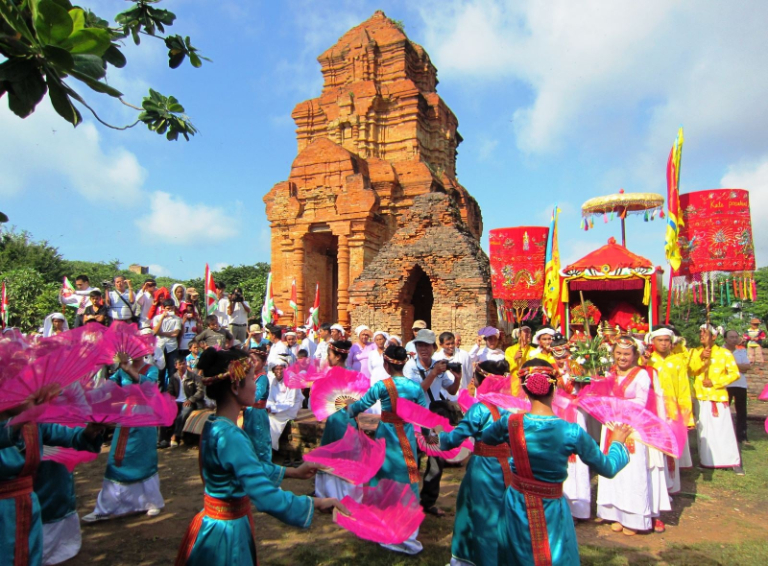
>>> Explore the Rich History of World Heritage Sites in Vietnam
Savoring the Local Specialties of My Son Sanctuary
Cau Mong Grilled Beef
When visiting My Son Sanctuary, one must-eat meal is Cau Mong Grilled Beef. Carefully chosen from young calves, the beef weighs roughly 30kg and is roasted over charcoal to preserve its flavor and skin’s crispness. The meat is then thinly sliced and presented alongside fresh herbs and a tart dipping sauce.
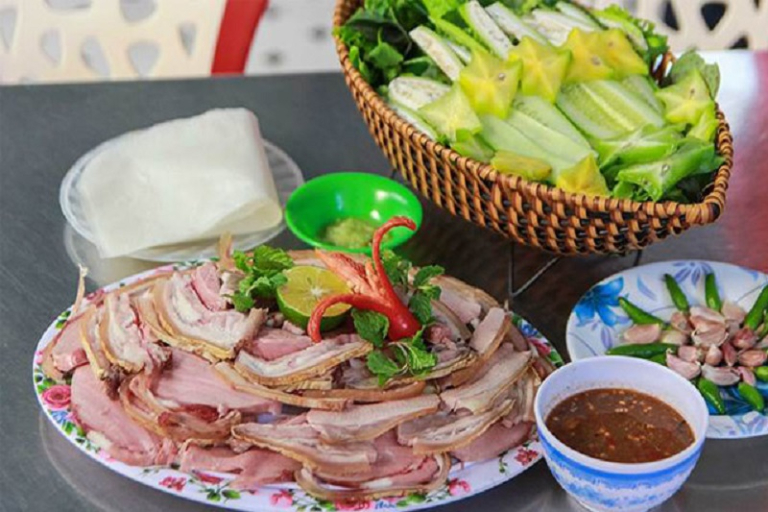
Key ingredients in the dipping sauce are lime, roasted sesame, garlic, chili, and premium fish sauce mixed to produce an appealing taste.
Phu Chiem Noodles
You will never forget Phu Chiem Noodles once you eat them. Made from the best rice farmed by the Thu Bon River, the noodles complement soft pork belly and delicate prawns. To accentuate its tastes, the dish is presented with fresh herbs, bean sprouts, and a trace of hot chile.
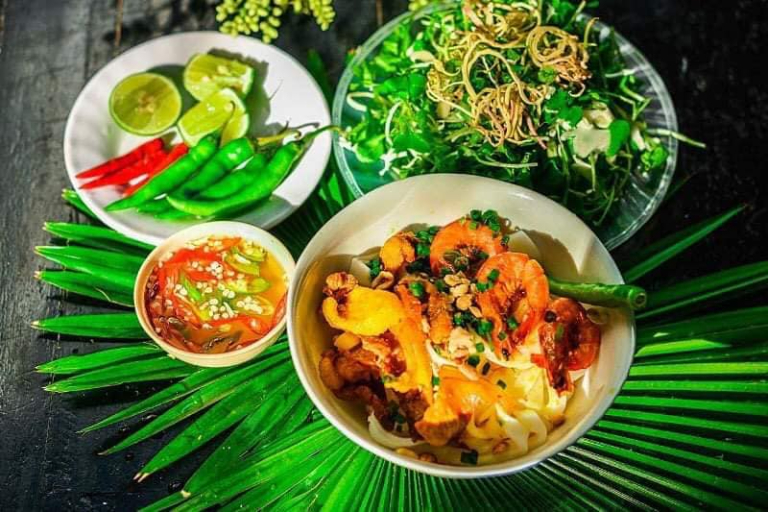
Đập Cake
Like rice paper, Đập Cake comes in two kinds: moist and dry, crunchy ones. Traditionally, it’s dipped in fresh chiles combined with pure fish sauce for a wonderfully salted kick.
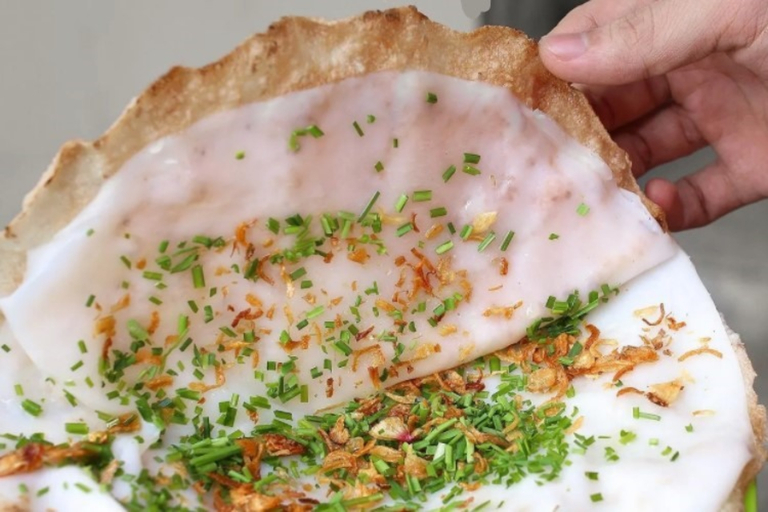
Banh Beo
Unlike the versions found in the Mekong Delta or Hue, the water cakes at My Son Sanctuary are unique to Quang Nam. Made from rice flour and loaded with delicious flavors like pork, mushrooms, or prawns, they are presented with fresh herbs and a dipping sauce.
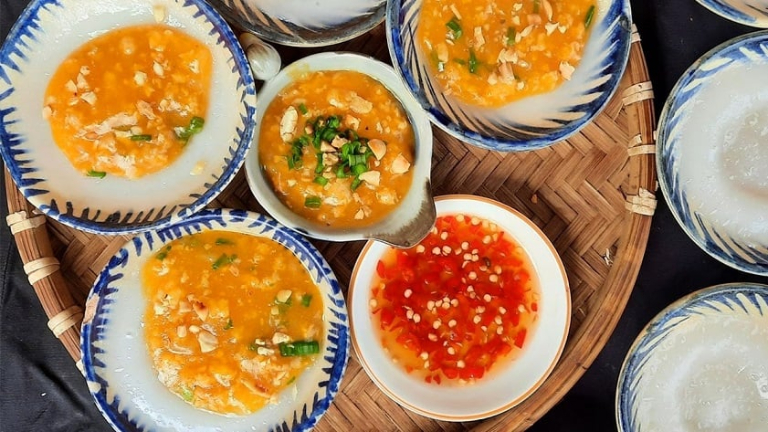
Banh To (Rice Cake)
Usually consumed around Tet, Quang Nam specializes in Banh To. Made with palm sugar and premium glutinous rice, it’s sweet, chewy, and fragrant. You might eat it fried or steamed, or as it is.
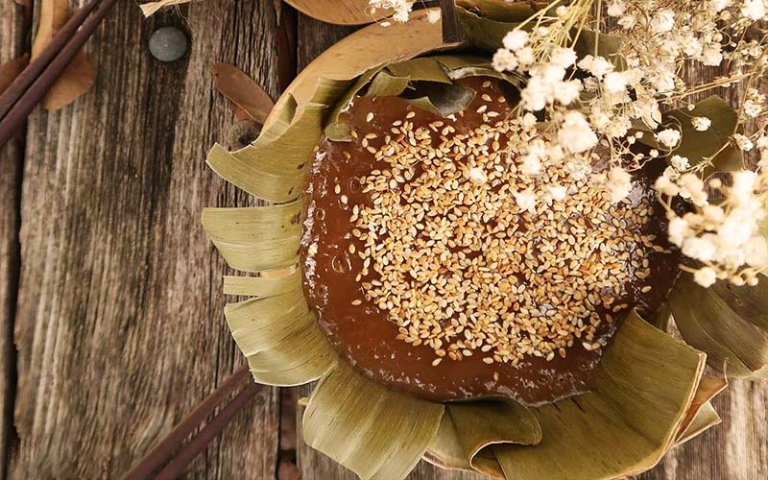
Banh Xeo (Vietnamese Pancakes)
A famous dish from Central Vietnam, Banh Xeo is made from rice flour and turmeric, creating a crispy exterior and a savory filling of shrimp, pork, and bean sprouts. It’s presented alongside fresh herbs and a sweet and sour dipping sauce.
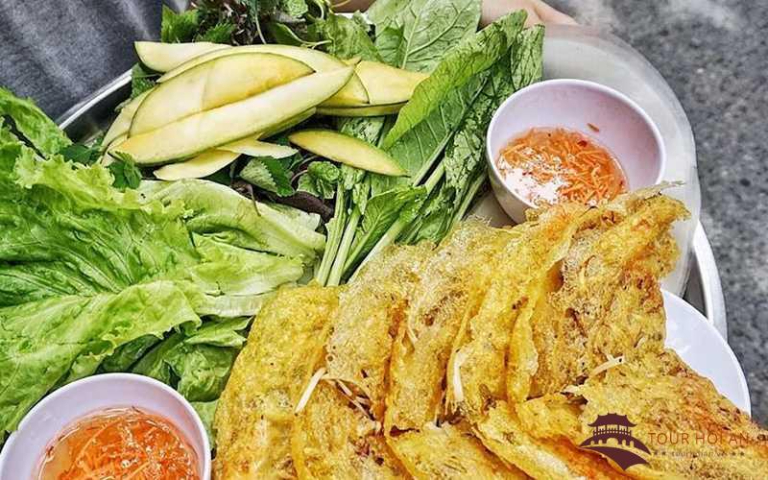
Visiting Tips for My Son Sanctuary
Best Time to Visit
My Son would be best visited during the dry season, from February to August. Exploring the temples would be perfect in this nice and bright temperature. Still, the months September and October are also excellent dates to come if you want lower temperatures and less crowds.
What to Bring and Wear
Since you will be wandering about the temple complex, it is advisable to visit My Son in comfortable attire and robust shoes. The sun can be really strong, hence remember to pack sunscreen, a hat, and lots of drink.
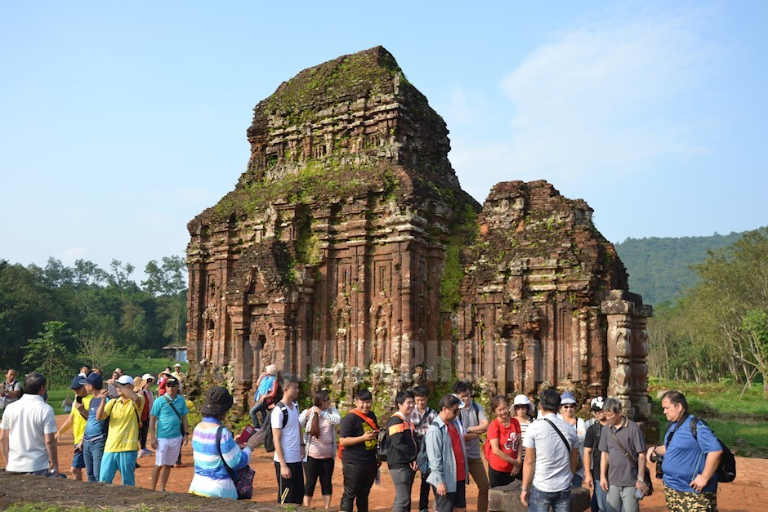
Visiting My Son Sanctuary is like entering another age, one rich in history, mystery, and great spirituality. Notwithstanding centuries of wear and tear, the temples remain a symbol of the artistic and cultural successes of the Champa society. Whether your passion is history, culture, or just travel to stunning, peaceful locations, My Son provides a special experience impossible to duplicate.
Related Posts:








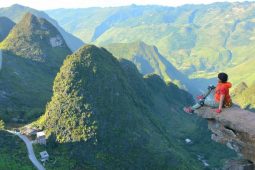
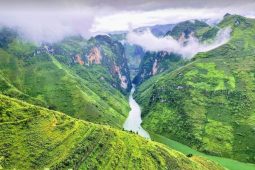
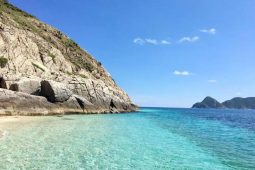
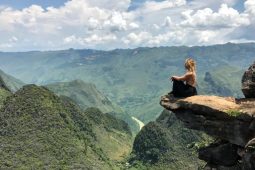
Be the first to comment!